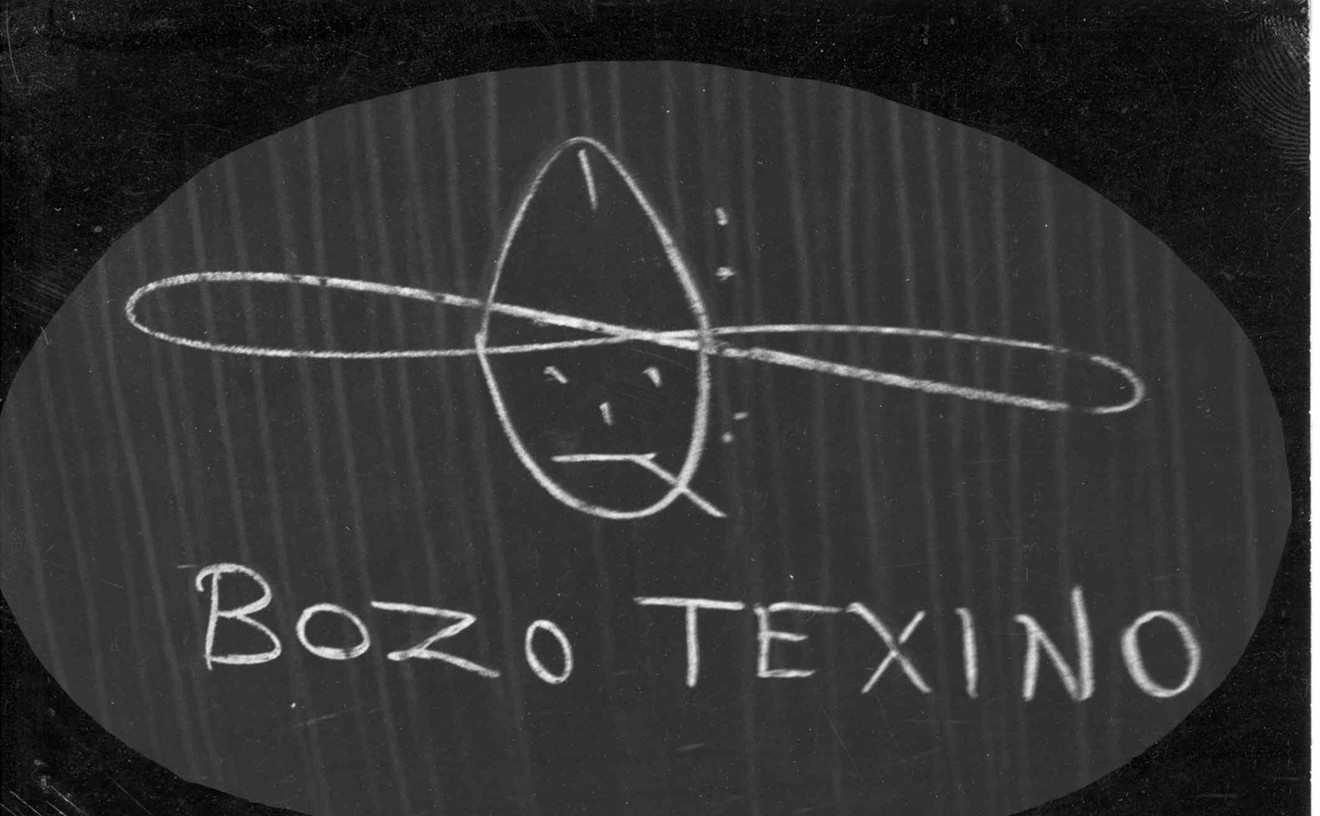As Field sees it, Frankenstein's monster has evolved into a perfect metaphor for twentieth-century horrors; though the story originated in Shelley's nineteenth-century imagination, it took the incredible scientific discoveries of the twentieth century to demonstrate how dangerous science can be. From nuclear weapons to toxic waste to genetic engineering, Field suggests, science has much to answer for. And she makes her point by retelling Shelley's story as a tale of abuse and abandonment: The monster is the offspring of the scientist's mind, and the scientist not only rejects him but loathes him. Field's Dr. Frankenstein suffers from a critical lack of ethics, but worse, he's a hateful, disapproving and cruel father to a potentially loving son. And just what does he mean by trying to create a human being without a mother?
The play opens at the North Pole, where Frankenstein has been lured by his errant child. The Creature keeps the doctor in close proximity--at least close enough to talk to. Though the Creature has killed the doctor's fiancee, Elizabeth, the doctor's curiosity about the Creature is even greater than his desire for revenge. So the wise Creature offers Frankenstein the "contents of his mind" in exchange for the answers to his life's riddles.
Like all children, the Creature wants to know "why." Why was he made, why is his maker cruel, why does his "father" hate him?
The story of the Creature's loneliness, his demand for a bride, the "murder" of the bride by the frightened doctor, the monster's revenge and the doctor's pursuit of the monster are all told as flashbacks. But most of the play is devoted to long rhetorical discussions between Creature and maker. Unfortunately, these exchanges make better arguments than theater. Field's dialogue is often ponderous, humorless and closer to rant than conversation. And she certainly makes no attempt to be fair to science or its practitioners.
And yet there is more here to think about than most contemporary plays bother you with. Underneath the overwrought language and the self-indulgent angst is something genuine--a spark of real feeling and a heartfelt warning.
Director Jeremy Cole once again brings more to the production than the script he's been given truly warrants. Cole has a remarkable talent for investing lesser work with aesthetic vitality, and he breaks through Field's walls of rhetoric to find the life behind her arguments. You never feel cheated by his insights; the moment of the Creature's birth and the moment of his bride's demise radiate a strange power.
Stephen Maestas as the aging Frankenstein projects irritable arrogance until almost the last moment of the play. It's a difficult role, because so much of it is devoted to angry debate--and because Frankenstein is a jerk. Guy Williams as young Frankenstein has a little more mood variation to play with and is at times quite intriguing. Kellie Cunningham as Elizabeth has some trouble making her badly written and shallow character come alive.
But David Knudten as the aging Creature is a marvel of natural grace and presence. Every question he asks, every slight change of mood, resonates with meaning. Nils Ivan Swanson as the young Creature is terrific, too--lively, brave and natural (so much so that he appears nude on the day of his creation). Gary Wallace's supercilious Professor Kempe, young Frankenstein's mentor, casts an icy pall of menace and envy over each of his scenes.
Monsters have a lot to tell us. From Grendel to Frankenstein's monster to the Fly, they arise out of society's mental bog of fear and selfishness. Paradoxically in the arts, they come to warn us as often as they come to frighten. Be careful, they say, stay on the path through the gloomy wood, avoid the dark, be good, or you might end up like us (or, worse, as food for us). And the warnings they issue--like those expressed in Shelley's and Field's Frankensteins--are very often sound.










